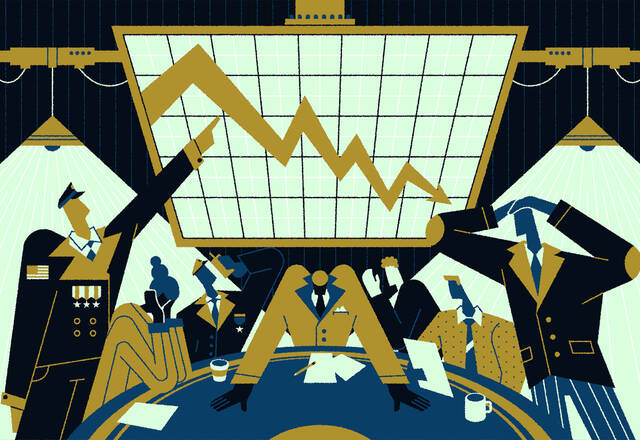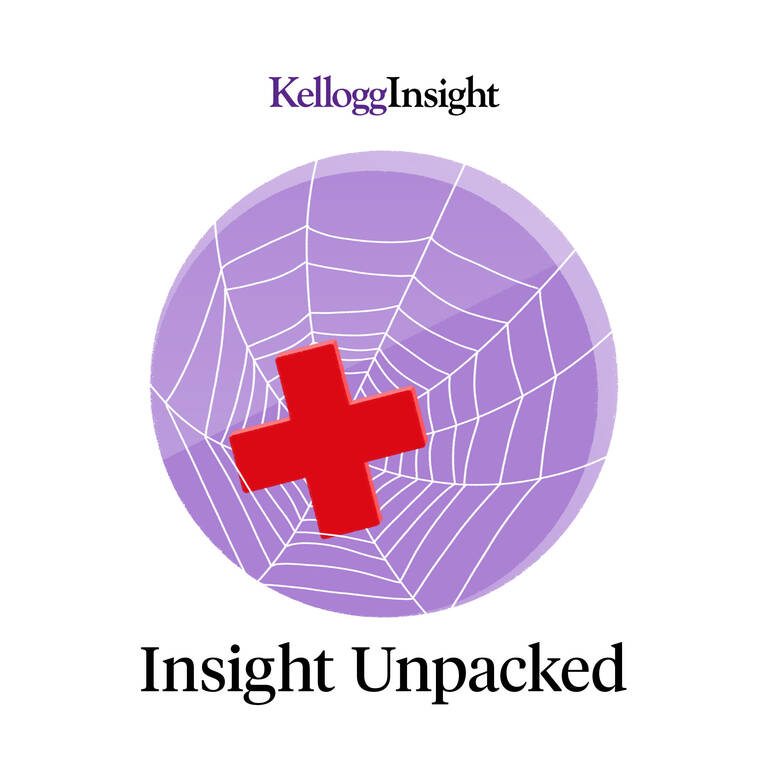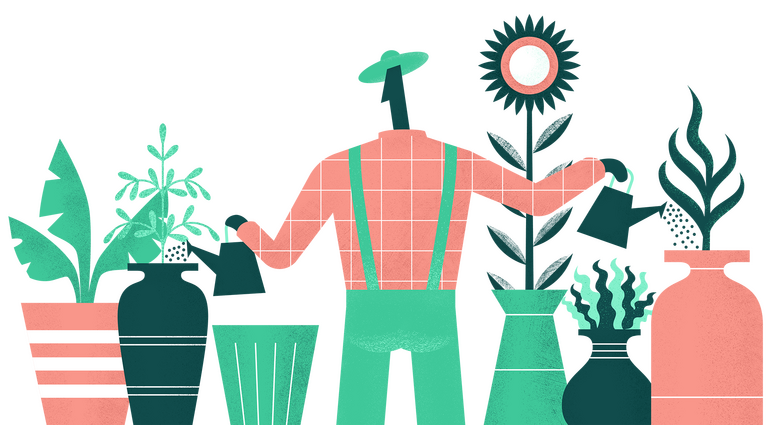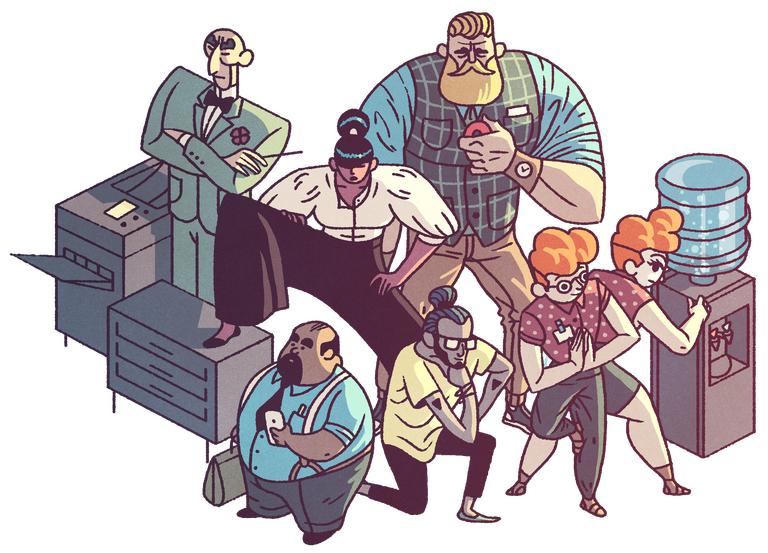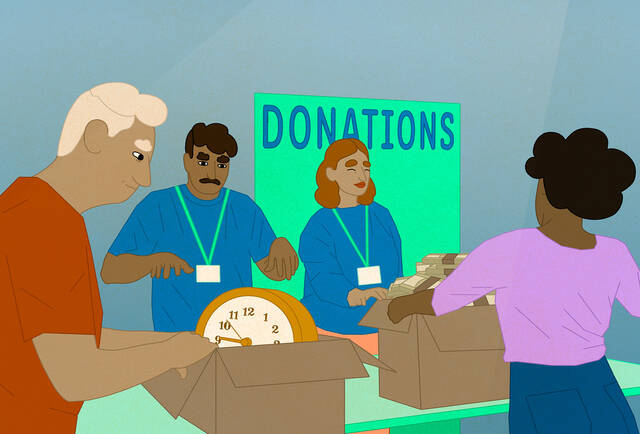
Monetary donations are generally more helpful for charities. So why do people prefer to donate their time instead?
Standardizing production has helped massive companies like IKEA, Starbucks, and Coca-Cola outscale their competitors.
It’s not just about salary. On this episode of The Insightful Leader’s “Ask Insight,” we hear how to approach some common work tensions by finding common ground.

It’s more than just being logical and analytical, research shows. But misperceptions can affect how people are treated and how much they are paid.
A Kellogg professor’s experience deploying AI in the classroom shows how domain knowledge and experimentation can lead to true breakthroughs.
A leaflet campaign during the 2023 Argentine presidential election was expected to hurt an outsider candidate but had the opposite effect. What went wrong?

The people you meet over your career can be an invaluable resource for discovering what you needed to know.

Whoever inherits the role must strike a balance between remaining true to the founder’s vision and not getting stuck in the past.

There’s no “correct” approach to laying people off, but on this episode of The Insightful Leader, we discuss how you can maintain your integrity through the process.
A new game helps people find common ground on divisive issues. But you don’t need to play to practice its principles.
On this episode of The Insightful Leader, an executive coach offers three tales of leaders who let complacency get in the way of success.
Scientists who receive the Nobel Prize and other accolades do more-novel work both before and after winning, new research finds.
Whether they are selling your data or selling you the product, companies have to wrestle with competition and privacy concerns.
A new model shows why women lag behind in leadership roles—and how two policies could help narrow the career gender gap.
A study of voter preferences in the U.S. and Europe—across a wide range of races, ethnicities, and political affiliations—reveals why.
It’s the hot new C-suite role, but not every business needs the same strategy.
Though both Republicans and Democrats have historically supported federal funding of research, one party has spent more.
Research and insights from Kellogg faculty show that our financial decisions can have ripple effects.



